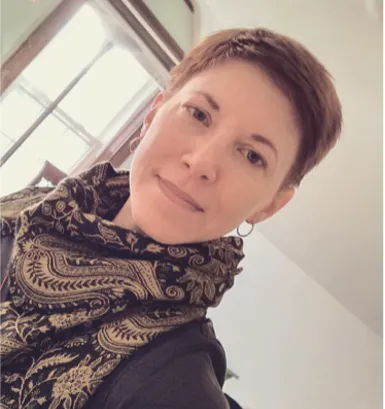Please note: this event has passed
Chair: Dr Amanda Chisholm, Senior Lecturer in Security Studies / Researcher in Gender and Security
Speaker: Dr Polly Cegielski, Gender Specialist and Researcher
Discussant: Dr Aiko Holvikivi, Assistant Professor of Gender, Peace and Security at the Department of Gender Studies and an Associate Academic at the Centre for Women, Peace and Security, LSE
Using Afghanistan’s security advising program as a case study, a feminist poststructuralist framework is presented here to examine security narratives and gendered power relations within the NATO advisor curriculum and advisor interviews from 2016–2019.
Feminist poststructuralism specifically examines gender as materialising through power relations, which is vital toward understanding the propagation of security concepts within the security advising relationship.
Male advisors in Afghanistan were typically drawn from civilian and military sectors of NATO member states to engage in security force assistance “operations, meant to empower and professionalise the host nation’s security forces” (Payne and Osburg 2013, 6). As males dominate nearly all world militaries, such gender imbalance reinforces the militarised masculinity found in security structures. However, how NATO’s advising program (re)creates this patriarchal power dynamic through its rhetoric has been rarely questioned. As such, examining the relationships between advisors and their counterparts provides an excellent opportunity to see how NATO’s security ideas are (re)produced.
This talk questions the assumptions being made about advising and if NATO’s use of this program promotes gendered and hierarchical notions of (in)security.

Polly Cegielski was not looking for a career in the security sector when she started studying Anthropology. But college opened her eyes and mind to cultures, gender and difference, that would probably have been missed if she had gone a traditional security studies route. However, her minor in Middle Eastern Studies helped place her in Afghanistan as a civilian social scientist, media analyst, and gender coordinator, supporting NATO forces over five tours.
That experience shaped Polly’s questioning of security practices that started from her childhood as an Air Force brat to her current research with the University of Massachusetts. Being ‘boots on the ground’ in Afghanistan, plus 8 months in Tajikistan as a Boren Fellow, and a Fulbright in Uzbekistan, reinforced to her the impacts that security, gender and power have on one another.
In her research, she takes a feminist critical security perspective to how NATO (re)creates security notions that promote and restrict gender, reinforce patriarchy and push the women, peace and security agenda.

This event is part of the Feminist Theory and Gender Studies (FTGS) Global Voices Seminar Series.

